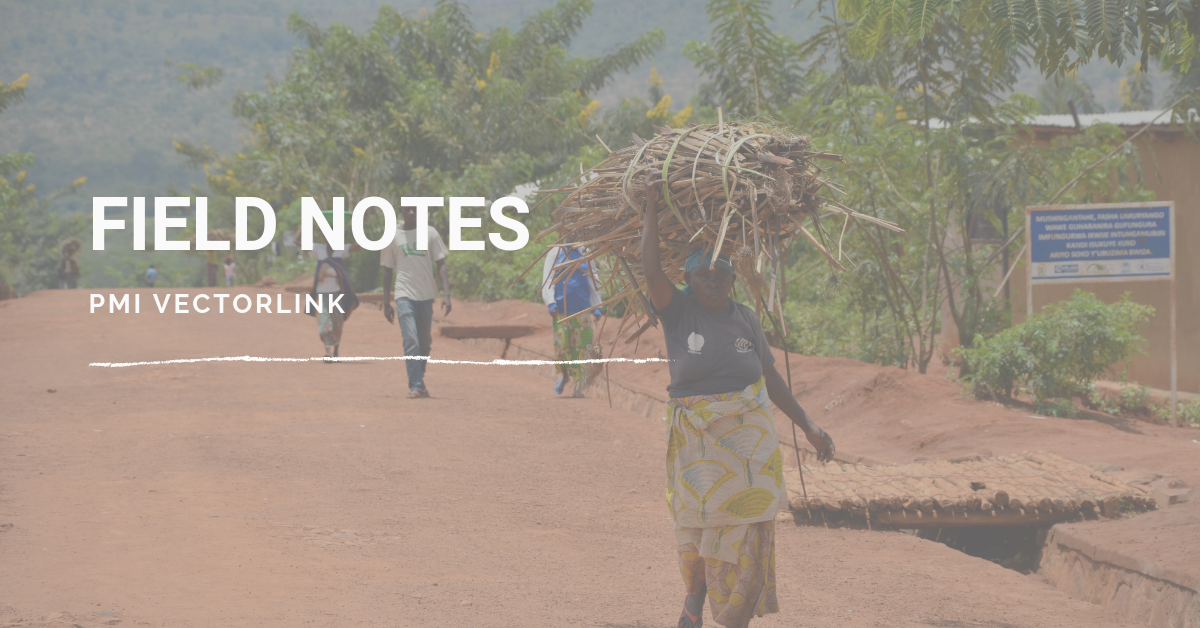 This week’s Monday Motivation celebrates the addition of a new journal article highlighting PMI VectorLink’s contributions to counteracting gender barriers in vector control. The article, Expanding the Role of Women in Vector Control: Case Studies from Madagascar, Rwanda, and Zambia, was published in Global Health: Science and Practice and can be accessed through this link. Among the authors’ key findings: Women and men have equal ability to serve as spray operators, and best practices do exist to recruit and retain women in vector control. The article also examines how our Madagascar team has worked to transform social norms around women doing this type of work; how Rwanda has benefitted from the government’s commitment to gender equality and social inclusion; and how Zambia’s recruitment protocol boosted the number of female workers and helped increase IRS acceptance.
This week’s Monday Motivation celebrates the addition of a new journal article highlighting PMI VectorLink’s contributions to counteracting gender barriers in vector control. The article, Expanding the Role of Women in Vector Control: Case Studies from Madagascar, Rwanda, and Zambia, was published in Global Health: Science and Practice and can be accessed through this link. Among the authors’ key findings: Women and men have equal ability to serve as spray operators, and best practices do exist to recruit and retain women in vector control. The article also examines how our Madagascar team has worked to transform social norms around women doing this type of work; how Rwanda has benefitted from the government’s commitment to gender equality and social inclusion; and how Zambia’s recruitment protocol boosted the number of female workers and helped increase IRS acceptance.
Kudos to our VectorLink authors: Tess Shiras, Meghan Tammaro, Kate Stillman, Godfrey Karera, Timothée Gandaho, and Nduka Iwuchukwu, and PMI’s Allison Belemvire. And a big thank you to the teams in Madagascar, Rwanda, and Zambia for protecting populations from malaria by increasing women’s involvement in vector control. PMI has long supported advancing gender equity in its projects. Our VectorLink efforts build on work done under the PMI AIRS Project, which published an article on the benefits of increased women’s employment in indoor residual spraying programs nearly six years ago in the same journal (linked here). We look forward to doing even more to advance gender equity and social inclusion with PMI Evolve.


